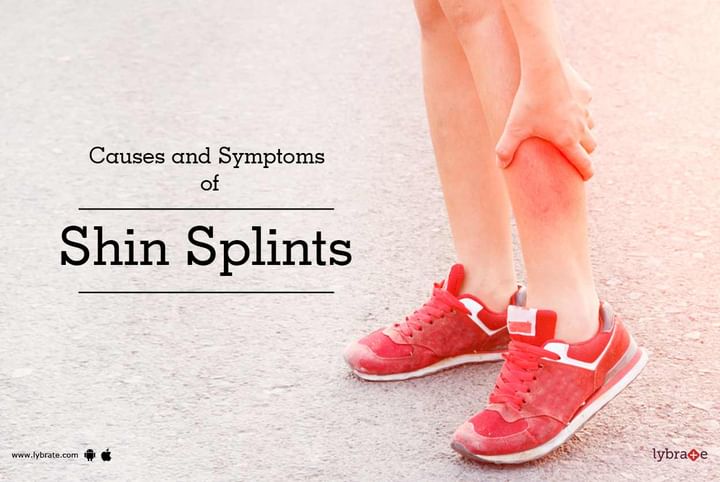Causes and Symptoms of Shin Splints
Shin splints' is a condition, which is characterized by pain in the shin bone, the bone that is present in front of the leg. Shin splints tend to occur quite frequently in runners and dancers as their activities tend to stress the shin bone.
Causes: When excess force is applied to the shinbone, it may result in swelling of the muscles, causing pain and inflammation. It may also occur from stress reactions to fractures in the bone. Cracks tend to develop due to constant application of force in the bones. If the area is not well rested then these cracks will not heal and ultimately lead to a complete fracture.
Some other causes of shin splints are:
- Muscle imbalance in the glutes or the thighs
- Anatomical deformity such as flat foot
- Not using proper form during training
- Lack of flexibility
- If you wear improper shoes during workouts, then it may lead to shin problems
- Running downhill may lead to excessive stress on the shin leading to shin splints
Symptoms:
The symptoms of shin splints are:
- You may experience swelling in the lower leg
- A dull pain in the front portion of the leg
- Tenderness around the shin area
- Numbness around the shin area
- Inflammation in the shin area
- You may experience severe pain while walking
Treatment: The basic treatment for shin splints is the RICE (rest, ice, compression and elevation) protocol. It means allowing the leg to rest, applying ice packs and wearing compression bandages. It is recommended to take rest and not exert the leg beyond a certain point to limit the damage. The complications that may result from shin splints are compartment syndrome, where there is buildup of pressure in the muscle. In some cases, where the muscle tears off from the bone, a surgery may be required to treat this condition.



+1.svg)
